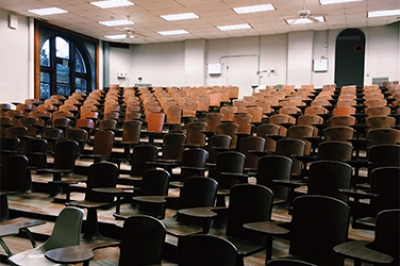Faith Gordon
In Australia today, many young people are actively engaged in politics. While adults often describe young people as disengaged, apathetic, or uninformed about politics, these perceptions and labels do not align with the reality. As Judith Bessant has pointed out, ‘[T]here is a long and rich history of political action by children and young people’ (Making-Up People: Youth, truth and politics, Routledge, 2020).
... (read more)No one can doubt the combined impact of the Covid-19 pandemic and Australian policy responses to mitigate its effects, over the past few years. While assessing which groups or sectors suffered more than others will only lead to an invidious victimological contest, we can agree that Australia’s thirty-seven public universities took a number of heavy hits after March 2020. In the year to May 2021, senior managers in Australian universities shed 40,000 jobs, most of them casual teachers, and sixty per cent of them were positions held by women. Unsurprisingly, many inside those universities, along with commentators outside, concluded that the federal government’s decision not to offer JobKeeper payments to public universities reflected a deep animus against and fear of universities. Some reflected on the hostility directed towards the ‘cultural Marxists’ who, it is fantasised in some quarters, still exercise their hegemony in these ‘ivory towers’, notwithstanding the fact that the 2019 report by former High Court Justice Robert French definitively scotched allegations about a rampant ‘woke left’ ruthlessly crushing dissident voices in the academy.
... (read more)

